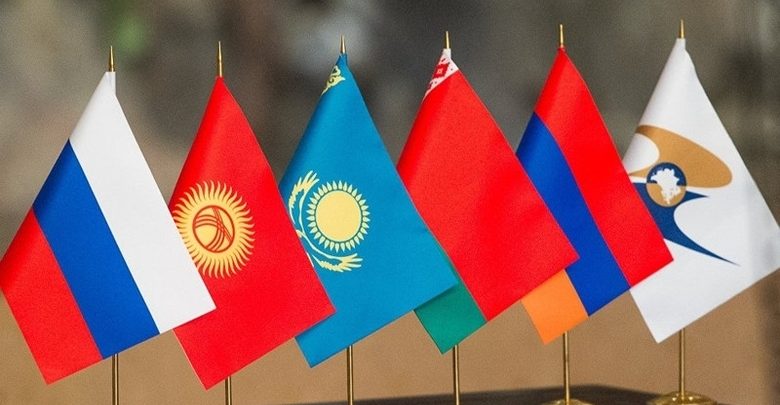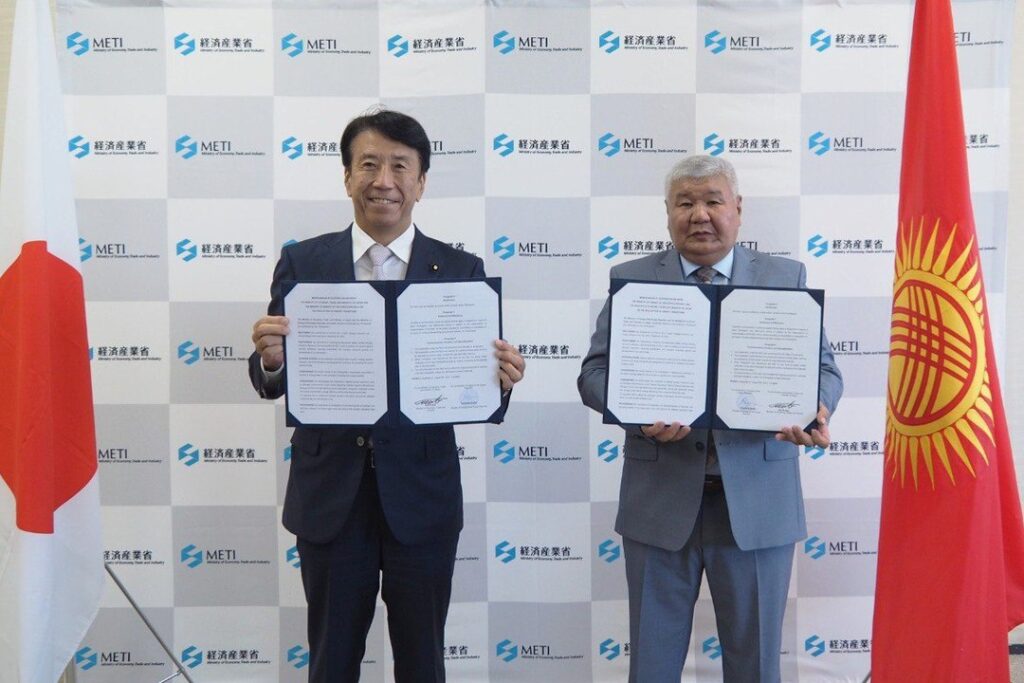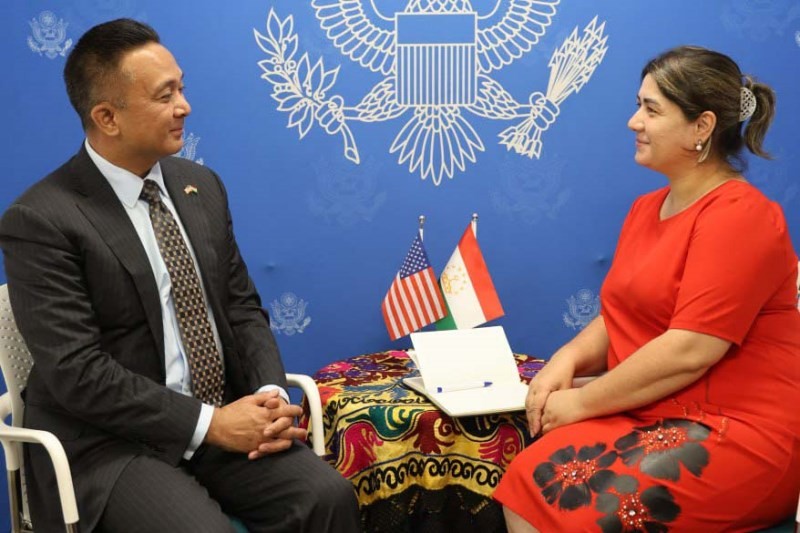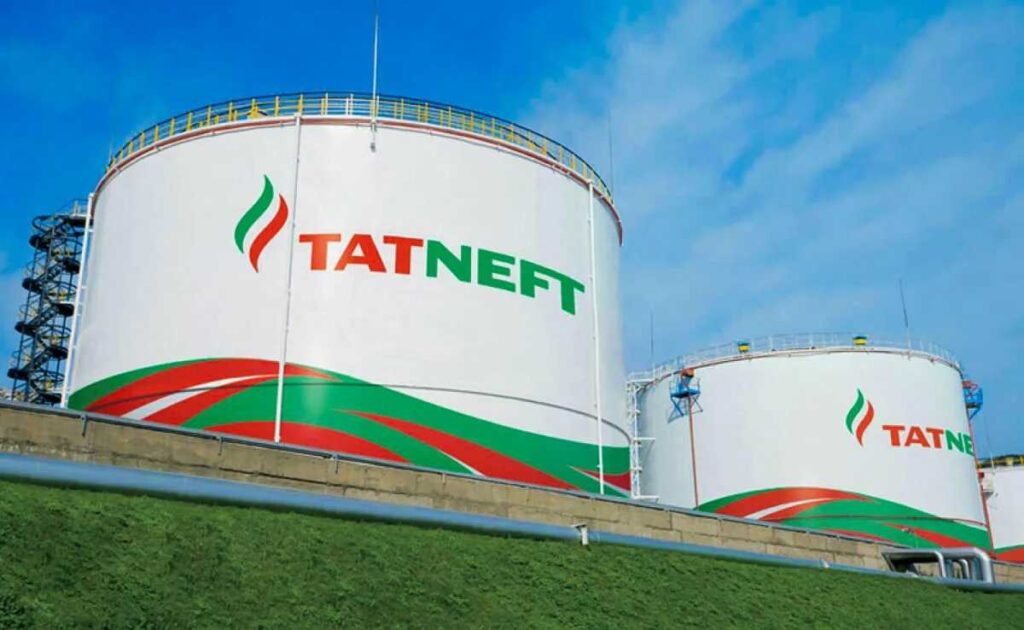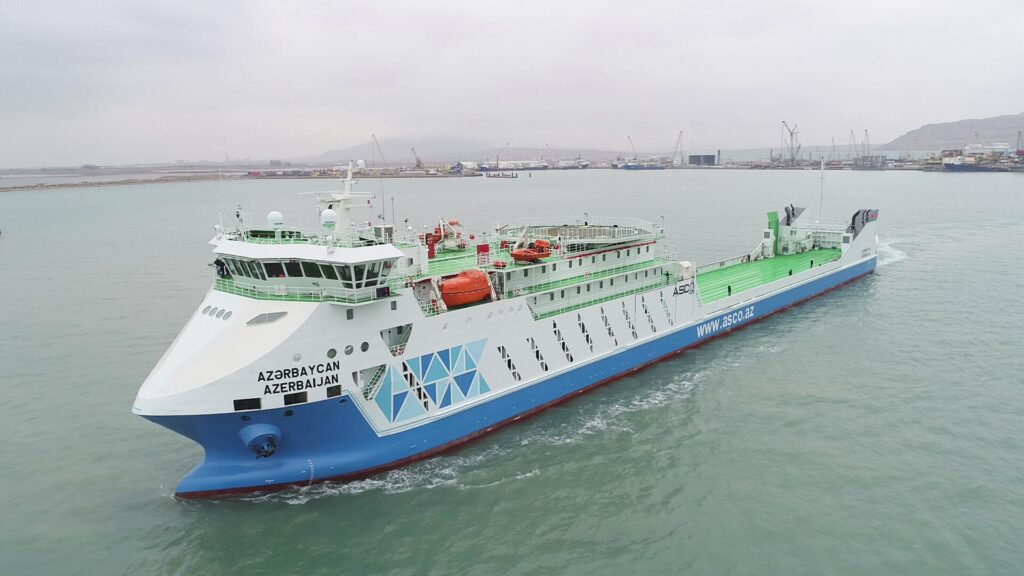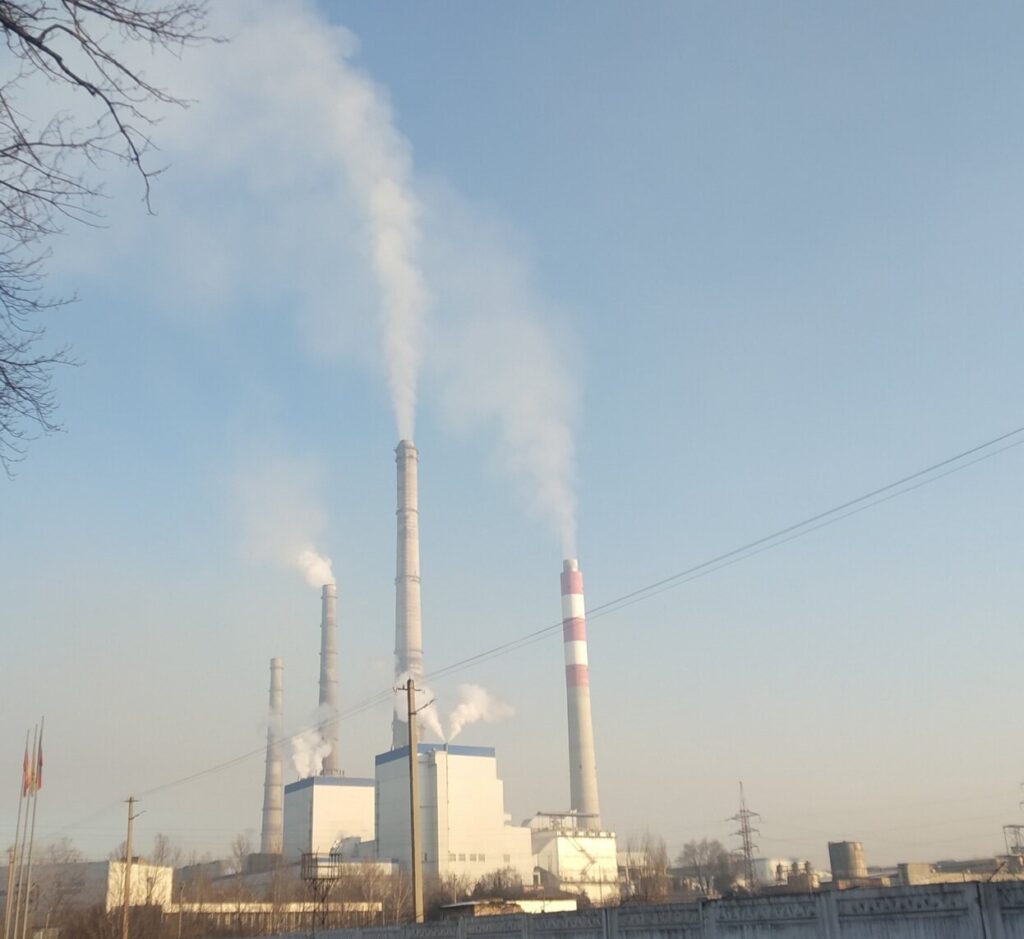Viewing results 1 - 6 of 85
Kyrgyzstan has the lowest average monthly wage among its fellow Eurasian Economic Union (EAEU) members, an economic integration bloc that includes Armenia, Belarus, Kazakhstan, and Russia. According to the Eurasian Economic Commission, the EAEU’s governing body, in January–June 2024, the average monthly nominal wage in Kyrgyzstan was $398, in Belarus $666, in Armenia $704, in Kazakhstan $875, and in Russia $922. Compared to the same period in 2023, wages increased in all EAEU member states with the highest growth recorded in Belarus (113%) and Russia (109.4%). Lower wages in Kyrgyzstan are however, somewhat compensated by the cost of food. In a survey conducted by Kyrgyzstan’s Ministry of Water Resources, Agriculture and Processing Industry, it was found that the price of comparable food products in the country are 13.59% lower than in Kazakhstan and 16.17% lower than in Russia.
In Japan on September 9, Kyrgyzstan’s Minister of Energy, Taalaibek Ibrayev, met with Ken Saito, Japan's Minister of Economy, Trade and Industry, who oversees the country's energy policy. The two ministries signed a memorandum of cooperation to implement joint projects in green energy. The aim of the new partnership is to expand energy cooperation between Japan and Kyrgyzstan, and developing sectors such as energy efficiency, renewable energy, hydrogen energy, ammonia, carbon recycling, and high-efficiency electricity generation. While visiting Japan last November, Kyrgyzstan's President Sadyr Japarov held talks with Japanese Prime Minister Fumio Kishida. Cooperation in the energy sector was one of the issues that they discussed. During the visit, Japarov invited Japanese companies to use the opportunities and potential for cooperation with Kyrgyzstan to develop renewable energy sources and construct hydropower plants.
The United States supports Tajikistan’s participation in the Trans-Caspian Trade Route project, connecting China with Europe through the Caspian Sea, Asia, and the Caucasus. U.S. Ambassador to Tajikistan Manuel Micaller spoke about this in an interview with Khovar.tj. “We continue to advocate for Tajikistan’s participation in the Trans-Caspian Trade Route, which will connect Central Asia with the Caucasus and European markets. Through the C5+1 diplomatic platform, which brings together the United States and our five Central Asian partners, we hope to facilitate closer cooperation with these partners and access to global markets,” Micaller noted. The Trans-Caspian Transport Route starts from Southeast Asia and China and runs through Kazakhstan, the Caspian Sea, Azerbaijan, Georgia, and further to European countries. It aims to facilitate trade and economic cooperation by connecting major economic regions through railways, highways, and maritime routes. Transit time along the Trans-Caspian Route has been reduced from 38-53 days to 18-23 days. In 2024, this period is planned to be reduced to 14-18 days, and the journey through the territory of Kazakhstan from 6 to 5 days.
Tajikistan wants to establish cooperation with Russia's Tatneft to open an oil refinery in the Dangara free economic zone, in Tajikistan's Khatlon region. This was announced by the country’s Minister of Industry and New Technologies, Sherali Kabir, during a recent investment forum in Dushanbe between Tajik and Russian companies. “One of the most important issues that we see in the development between our countries is the improvement of our production capacities, including the production of fuel and lubricants, cooperation, and the creation of new mechanisms. If we launch this enterprise together with Tatneft, we can achieve great progress in this regard.” Kabir said. It is noted that this will help Tatneft enter the markets of Afghanistan and Pakistan. “As was said, up to 30% of Tatneft’s raw materials are exported. Bring them here (Tajikistan), process them — and imagine what a huge market the company could open up for itself. 40 million people in Afghanistan, and over 230 million in Pakistan,” Timur Yoribek, Head of the International Relations Department of the Ministry of Industry of Tajikistan, commented. According to him, Tajikistan has ideal logistics routes for this — seven bridges leading to Afghanistan, and the shortest links to the Pakistani seaports. Construction of the Dangara oil refinery began in 2014 and was completed in 2018. The plant's planned capacity is 1.2 million tons of oil per year, but the commissioning has been delayed due to a shortage of raw materials. Tajikistan produces a small amount of oil, which is not enough to supply the refineries.
Azerbaijan and Uzbekistan plan to cooperate on the construction of ferries. These ferries will be provided for Uzbekistan's needs, and the project will cost $150 million. Several measures are being suggested to expand the countries' cooperation in the transport and transit sectors. The joint construction of warehouse infrastructure is being mooted, as well as the creation of a joint venture to further develop transportation along the Trans-Caspian route. The Times of Central Asia previously wrote about the Uzbekistan-Azerbaijan business forum that was held in Tashkent on August 22. As a result of the forum, a portfolio of projects worth $2 billion was formed in energy, chemistry, mining, textile, agriculture, urban development, and other areas. Also, on May 1 this year, the energy ministers of Azerbaijan, Kazakhstan, and Uzbekistan met in Tashkent and signed a memorandum of cooperation to connect their countries' energy networks. The initiative's main goal is to study the means of connecting energy systems through a high-voltage cable installed in the Caspian Sea to export green energy from Azerbaijan, Kazakhstan, and Uzbekistan to countries of the European Union.
Since July, some 350 specialists from China’s Tebian Electric Apparatus Stock Co. Ltd. (TBEA) have been carrying out a full overhaul of two power generating units at the Bishkek Thermal Power Plant (TPP), Taalaibek Baigaziyev, Deputy Mayor of Bishkek for Energy Issues, told Birinchi Radio. The Bishkek TPP generates 13% of all electricity produced in Kyrgyzstan (with the rest generated by hydropower plants) and provides heat and hot water to almost two-thirds of the capital. TBEA built the two power units that are currently under repair as part of the Bishkek TPP modernization that commenced in 2014. Following a loan agreement between China’s Export-Import Bank and the Kyrgyz government in 2013, TBEA was granted the contract and modernized the plant for $386 million. According to Baigaziyev, these two Chinese power units were commissioned in 2017 and were not repaired until this July. In past winters, they worked with a maximum load of 210 megawatts. This winter, their capacity is planned to increase to 300 megawatts. The Bishkek TPP has seen two significant accidents in recent years. One accident occurred in January 2018, when the plant’s breakdown left the city without heating for three days amid freezing air temperatures. The most recent accident happened on February 2 of this year, in the old part of the power plant that the Chinese did not modernize. An explosion at the plant seriously injured three people. It caused the plant’s breakdown, forcing authorities to declare hot water and heating restrictions in some parts of the city as the plant’s staff worked to repair the damage. Following the accident, Kyrgyzstan’s president Sadyr Japarov ordered the complete modernization of the aging thermal power plant.
